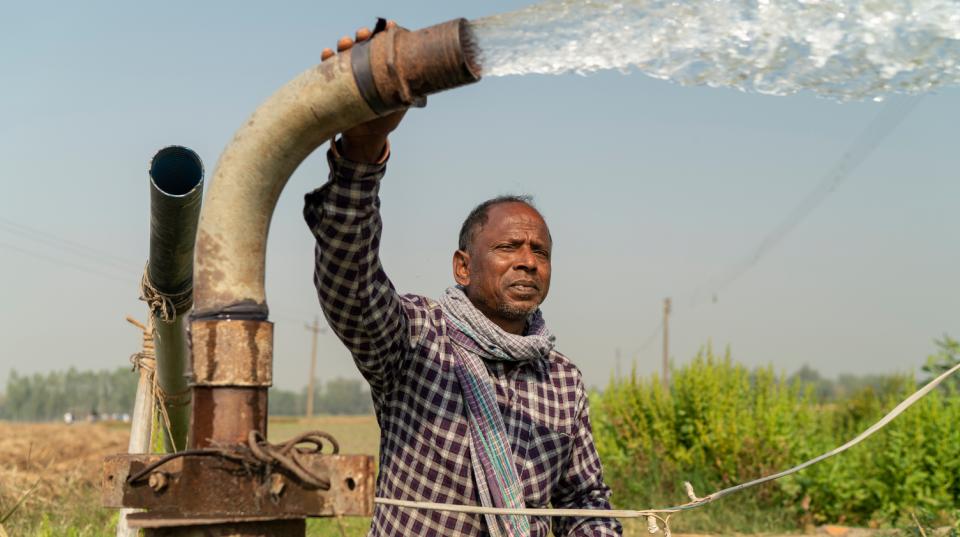Overview
This project focussed on irrigation in Bihar and Assam, east India, and Sindh and Punjab provinces, Pakistan. It aimed to improve how policy makers and irrigation officials implemented Participatory Irrigation Management (PIM), also known as Irrigation Management Transfer (IMT).
In south Asia, institutional weaknesses make irrigation less efficient by allowing scarce resources to be used unproductively. PIM / IMT, a policy that simply devolves decisions to farmers, has yielded mixed results, especially in east India and Pakistan.
Since vast sums of money are spent on devolving responsibilities and irrigation, the potential gains from PIM/IMT should be determined in advance and the forms of participation that make irrigation most efficient identified. This would offer a buffer against bio-physical challenges, make agriculture more intensive and profitable, and reduce poverty.
This project compared the efficiency of types of devolved decision-making to farmers in different settings. It developed new methods to estimate the magnitude of improvements from PIM/IMT, and linked this information to factors that can be observed beforehand.
Ultimately, this work could benefit the poor. For instance, striking a better balance between centralised and decentralised decision-making could make water delivery more reliable, thereby intensifying production by smallholders, while creating jobs for the landless.




